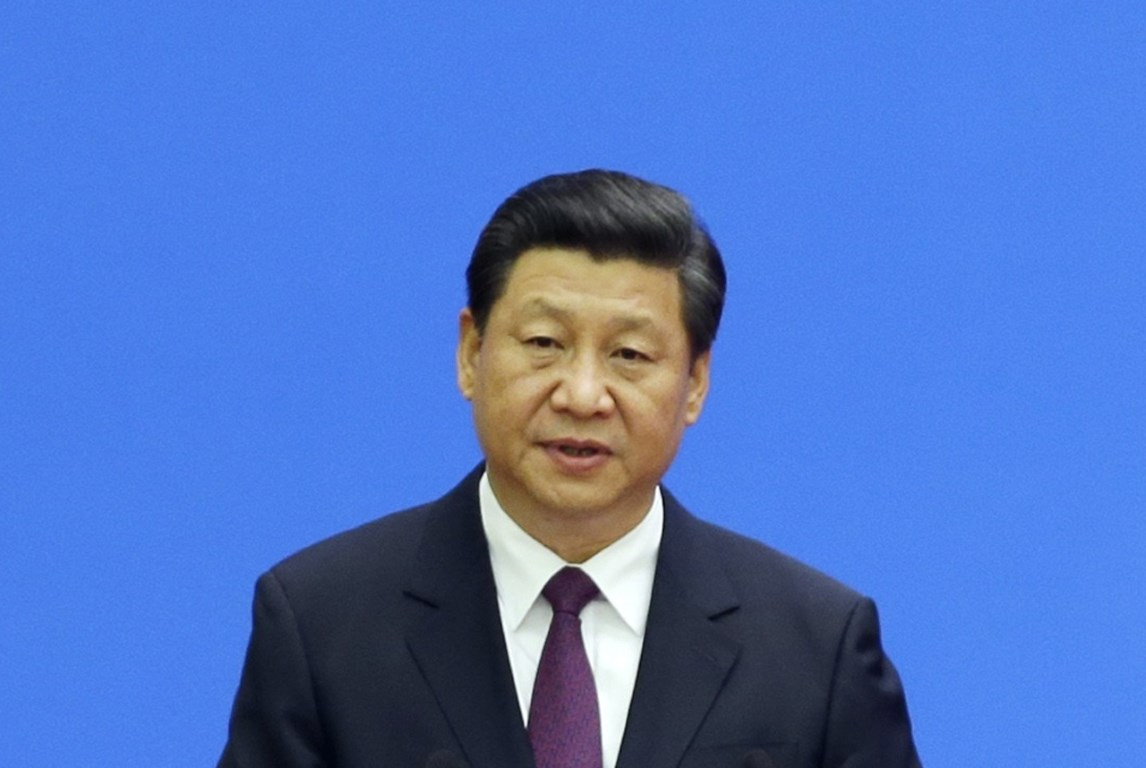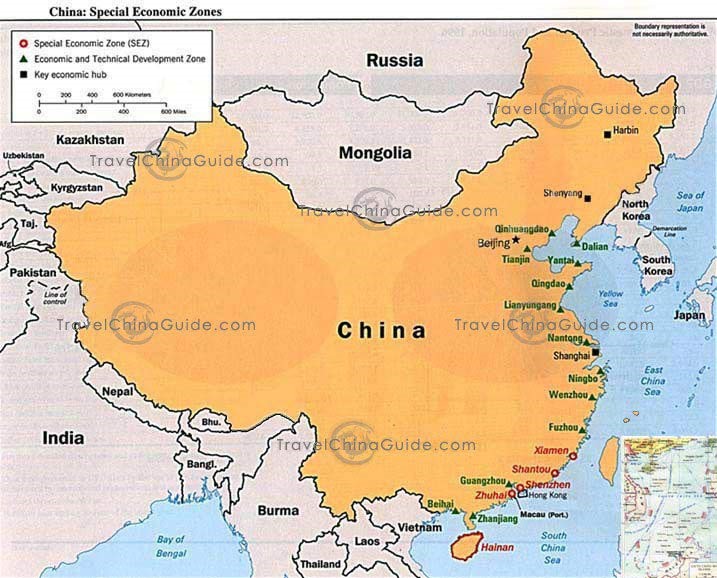The new era? - Xi Jinping
October 26, 2017 | Expert Insights

We have entered the “third era” of the history of the Chinese Communist Party and “New China”. That is the historical construct that Xi Jinping and the party have presented a way to understand the 19th party congress and the next 15-30 years of China’s development.
Background
What exactly does “new era” mean?
The three eras share three common themes:
- Opponents of the dominant leader must be removed from office, some through retirement, but others through purges.
- The party puts forward a new guiding ideology attributed to this one leader, which all party members must follow unquestionably and in a “unified” manner.
- China takes on a historic task, which all members must unswervingly seek to attain.
While many analysts see the first era starting in 1949, preparations for it actually began in Yan’an, the communist base in Shaanxi province where the party settled after the 1934-35 Long March. During the Rectification Campaign of 1942, all party members were forced into intensive study sessions to internalise the newly emerging Mao Zedong Thought, creating “unified thinking” within the party.
Former top leader Liu Shaoqi, himself a victim of Maoist purges during the Cultural Revolution, penned a major essay for study, called “How to be a good communist”, which set out the appropriate actions and thoughts for party members. Those who resisted this call for ideological conformity were purged. Many victims were linked to a group of 28 who had studied in Moscow. Other targets were the so-called “bourgeois intellectuals” who had moved to Yan’an after 1937 to support the party in its fight against the Japanese who had invaded China that year. As nationalists, they were deemed unreliable and forced out of the party.
Mao’s role, too, was elevated dramatically. In 1943, the top party leaders secretly decided that Mao would have the last word on all policy decisions, and in 1945, at the 7th party congress, “Mao Zedong Thought” was enshrined in the party constitution, further elevating Mao’s status over the other leaders, as the party prepared for the great historic task at hand – winning the civil war with the Kuomintang and unifying the country.
The second era began with the third plenum of the 11th party congress in December 1978, but for more than a decade, two factions vied for power. Throughout the 1980s, reformers and conservatives battled intensely over policy, power and personnel. Society, too, was actively engaged. But after the 1989 Tiananmen crackdown in Beijing and around the nation, the party’s reform wing was systematically removed from office, its political reforms and liberal ideas were put to rest, and the faction’s leader, Zhao Ziyang, spent the next 15 years under virtual house arrest. Ironically, the purge of the reformers created the political context for the new era of political stability and rapid economic growth.
The emergence of the third era, heralded last week at the 19th party congress, follows the same pattern. For several years now, General Secretary Xi Jinping has relentlessly purged his opponents under the aegis of his tough anti-corruption campaign. Two former members of the very powerful Central Military Commission were ingloriously arrested, as was Zhou Yongkang, a previous member of the Politburo Standing Committee. Only months before the 19th congress, Xi arrested the party secretary of Chongqing, once a candidate for the post of premier in 2022.

Analysis
Over the past four decades China has built a market economy under a one-party state. Now Xi hopes to correct its flaws to deliver his citizens a better quality of life.
He dreams of an innovative powerhouse driven by well-educated citizens with unshakeable faith in the superiority of their system. His speech to Congress promised more control of the internet to "oppose and resist the whole range of erroneous viewpoints".
But he hopes to win the battle for hearts and minds even earlier and his education minister said schoolchildren would soon begin to study "'Xi Thought'".
The full slogan is "Xi Jinping Thought on Socialism with Chinese Characteristics for a New Era". Behind the rhetoric, this means an enormous centralisation of power for Xi and his Party over China's economy and society.
Xi talks about guiding the international community "towards a more just and rational new world order". The latest Pew opinion survey across 37 countries suggests more now trust the Chinese leader to do the right thing than the American one.
On its current trajectory, the Chinese economy will overtake the US sometime in the next decade to become the world's largest.
Assessment
Our assessment is that as Mr Xi declares that China is ready "to move towards centre stage in the world", it's not clear whether his mission to control will help or hinder him. We believe that the only certainty is that none will be untouched by China in Mr Xi's New Era.
Read more:








Comments